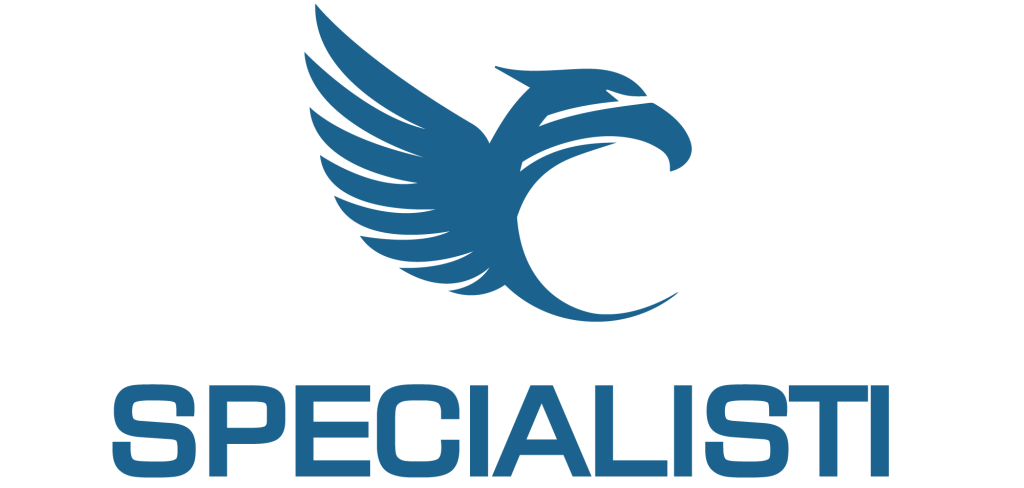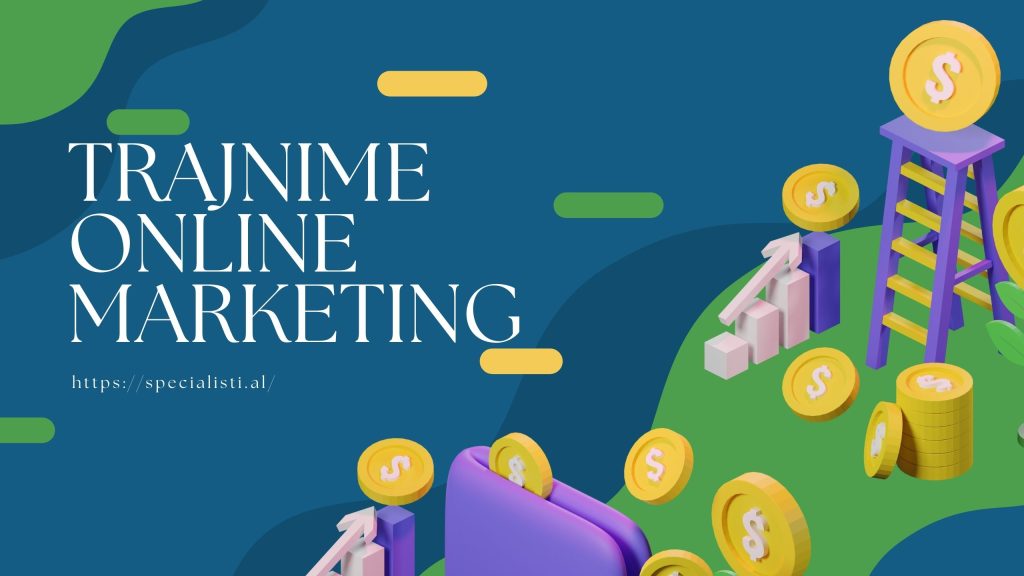Online marketing training
Online marketing trainings will offer you a convenient and flexible way to effective to gain knowledge and skills in the field of marketing using digital resources. These trainings are suitable for marketing professionals those who wish to develop their skills, as well as for individuals interested in entering the field of marketing. Here are some topics that are typically included in online marketing training.
-
Basic Digital Marketing
There are some basic tools you can use to get started, and they will ensure that your business has a solid base for a strong foundation for future digital marketing efforts.
Digital marketing is the art and science of leveraging digital assets to drive engagement and sales for your brand. Here are some of the key strategies you may encounter on your digital marketing journey:
- Creating a website
- Building an email marketing list
- Optimizing the content on your website for search
- Launching Google or Bing display ads
- Reaching new audiences on social media (Facebook, LinkedIn, Instagram, TikTok and more)
- Using location-based targeting to attract local audiences
-
Brand Strategies and Positioning
Brand positioning refers to the unique value a brand presents to its customer. It is a marketing strategy that brands use to create their identity. This involves communicating their value proposition, which is the reason why a customer would prefer their brand over others.
-
Market Analysis and Consumer Research Online marketing training
Market research helps you find customers for your business. Competitive analysis helps you make your business unique. Combine them to find a competitive advantage for your small business.
This research combines consumer behavior and economic trends to validate and improve your business idea.
It is essential to understand your customer base from the start. Market research allows you to reduce risks even when your business is still just a glimmer in the eye.
Collect demographic information to better understand the opportunities and limitations that clients may bring. This can include population data on age, wealth, family, interests, or anything else that is important for your business.
Then, answer the following questions to gain a better understanding of your market:
- Request: Is there a demand from consumers for your product or service?
- Market size: How many people would be interested in your offer?
- Economic indicators: What is the income range and employment rate?
- Location: Where do your customers live, and how far can your business reach?
- Market saturation: How many similar options are already available to consumers?
- Prices: What do potential customers pay for these alternatives?
-
Content marketing Online marketing training
Content marketing is a marketing strategy used to attract, engage, and retain an audience by creating and sharing relevant articles, videos, podcasts, and other media. This approach builds expertise, promotes brand awareness, and keeps your business top of mind when it's time for the customer to buy what you sell.
-
Analytics and Digital Tools
Training that provides knowledge on using digital analytics tools and platforms, including Google Analytics, Facebook Insights, and others, to monitor and evaluate the performance of marketing campaigns.
-
Online Advertising and Campaign Development Online marketing training
These trainings focus on online advertising strategies and tactics, including paid social media ads, search ads, and display ads. All of these will give you the opportunity to gain knowledge about direct product marketing on social networks.
-
Market Segmentation Marketing
In these trainings, you will learn how to target a specific audience and where you can to find your customers. Defining your audience is one of the first steps to going viral on social media and making your brand a leader in the market you operate in.
-
Marketing Asset Management and Budgeting
Training that provides guidance on managing the marketing budget, using marketing tools, and strategies to achieve maximum efficiency in marketing expenses. All of this will make your marketing strategy more tangible, as you will understand how to manage the budget properly.




